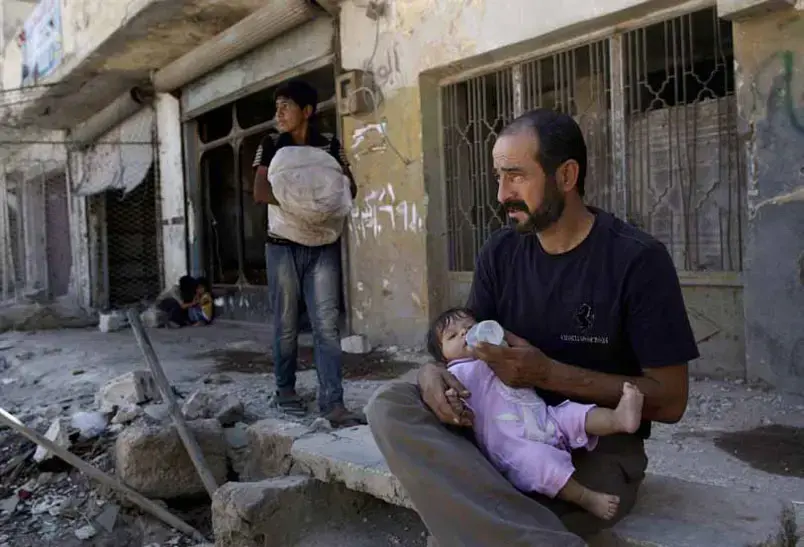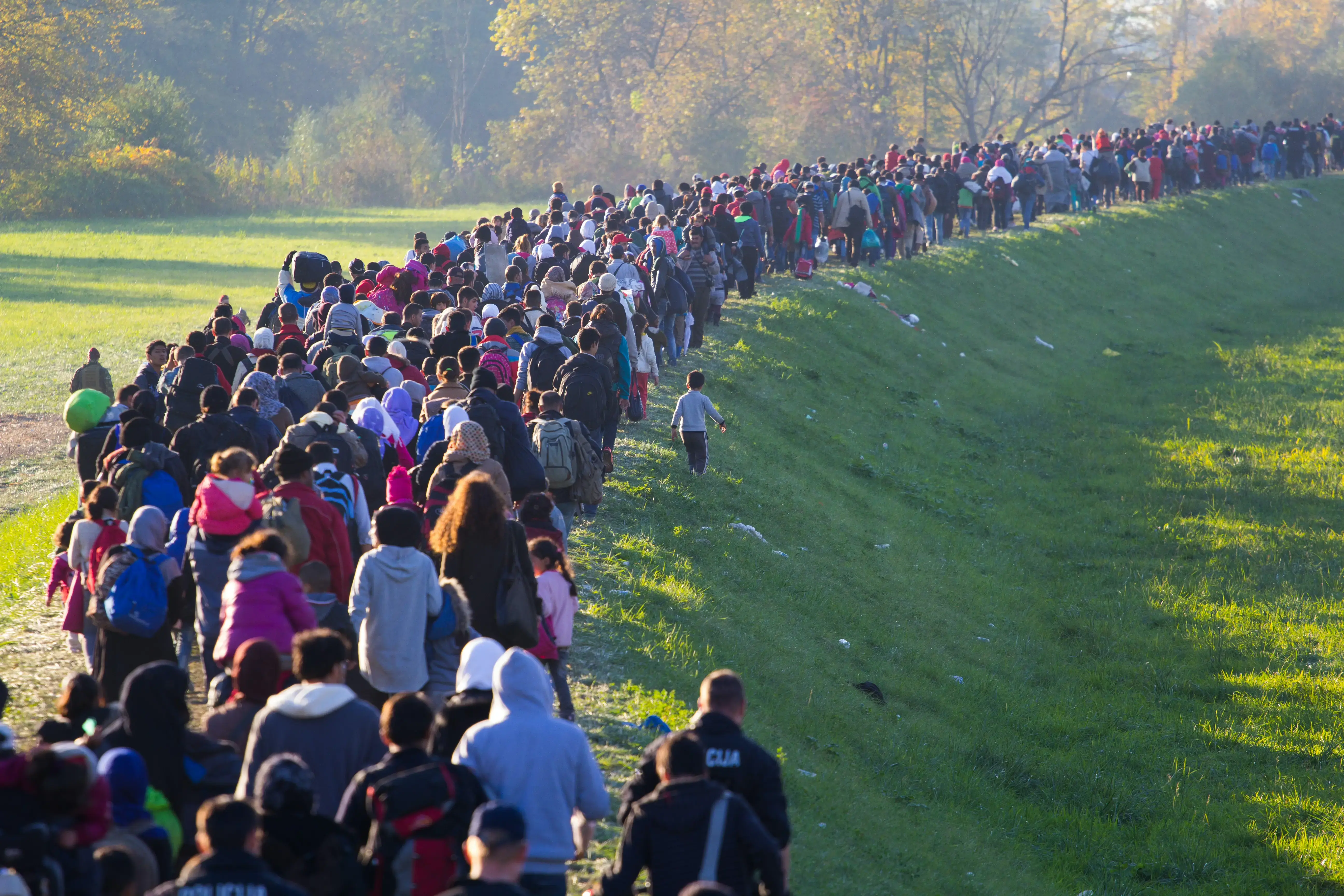Improving Service Provision for Non-Normative Refugees and Asylum Seekers in the UK
CTDC Policy Brief No. 6 – November 2017
This policy brief examines the gaps in legal, psychosocial, and community-based support for non-normative refugees and asylum seekers in the UK, particularly those from Arabic-speaking countries. It highlights the tension between Western legal frameworks—where protection depends on fitting into fixed LGBTQI identity categories—and the lived experiences of individuals who may not self-identify in those terms.
🔍 Key Challenges Identified
- ⚠️ Identity Proof Pressure: UK asylum processes often require applicants to prove their identity as LGBTQI, creating pressure to adopt Western identity narratives that many find alienating or unsafe.
- 🏙️ Limited Psychosocial Support: Psychosocial support is extremely limited and often London-centric, leaving large refugee populations elsewhere underserved.
- 📞 No Consistent Referral System: There is no consistent or up-to-date referral system for non-normative asylum seekers; existing resources are outdated, sparse, or lack detail.
- 🤝 Fragmented Organisations: Many refugee and LGBTQI organisations operate in isolation, lacking coordination, and rarely share resources or information.
- 🌍 Language & Cultural Barriers: A lack of translated materials and culturally relevant support further marginalises refugees from the MENA region.
🛠️ Strategic Recommendations
- Capacity Building and Training
- Support refugee and LGBTQI organisations to provide culturally sensitive psychosocial services, especially outside London.
- Offer training on gender and sexuality to service providers, challenging rigid identity frameworks and building inclusive practices.
- Database and Referral System
- Develop and maintain a comprehensive, multilingual database of support services to be shared across networks.
- Ensure referral pathways are clear, accessible, and updated regularly in Arabic, Kurdish, and Farsi.
- Advocacy and Funding
- Advocate for responsive funding mechanisms for volunteer-led or under-resourced organisations.
- Pressure funders to support services in regions with high refugee populations but minimal LGBT-focused programming.
- Inclusive Frameworks
- Promote frameworks based on Sexual Practices and Gender Performance (SPGP) to avoid exclusionary identity-based criteria.
- Recognise that visibility is not always safe, and service models must account for varying levels of disclosure and identity.
This brief urges UK-based stakeholders to build more holistic, intersectional, and context-aware support systems for refugees with non-normative sexualities and gender expressions—ensuring that survival is not contingent on conformity.
👉 To read the full policy brief, click below 👇
Reach to Us
Have questions or want to collaborate? We'd love to hear from you.




